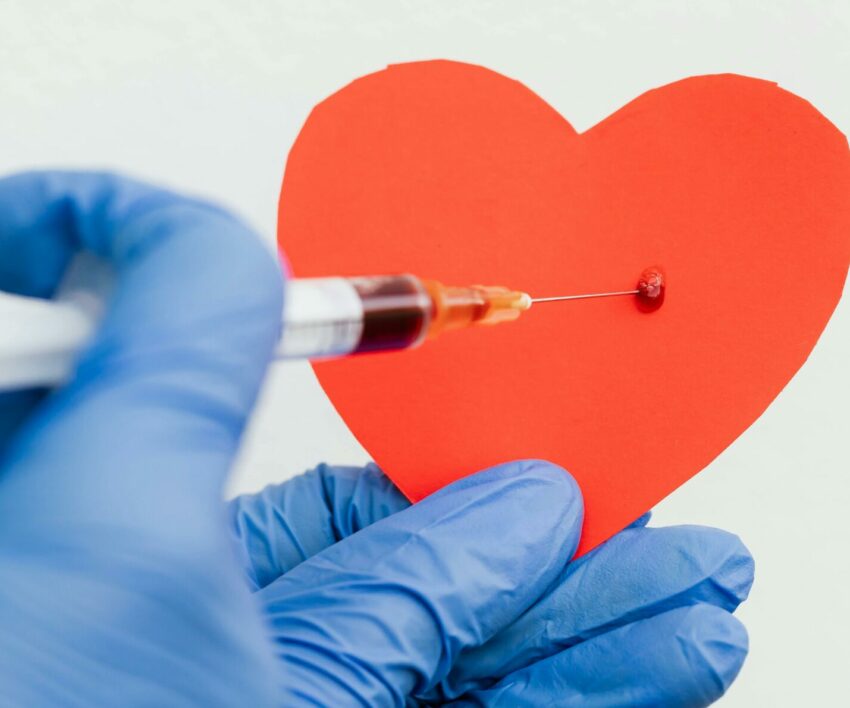woman eating: picture: pexels
Have you ever had a strange, bitter taste linger in your mouth for no reason? It’s a puzzling sensation that can leave you questioning your last meal or sip of coffee. But this odd taste might be your body’s way of sending a message.
From dehydration and dental issues to hidden health conditions, there are plenty of reasons why bitterness can sneak up on your taste buds. These are the surprising causes of that random bitter taste and when it might be time to pay closer attention to what your mouth is trying to tell you.
The Center for Dental Health claims that poor oral hygiene causes a bitter aftertaste due to saliva buildup and bacteria on gums, tongue, and teeth. Dysgeusia, a taste perception change during pregnancy, is also said to cause a metallic taste.
“GERD makes stomach content flowing back into the oesophagus during digestion. It brings acid back to the mouth, causing bitterness, nausea, and regurgitation.”
According to Sendhil Dental Clinic & Implant Center,oral infections like gingivitis and thrush disrupt bacteria, causing inflammation and a bitter taste. Sinus infections, according to the mentioned source, such as sinusitis, are believed to cause mucus accumulation and a bitter taste.
“Mental health issues like stress and anxiety can affect your body in various ways, including altering your taste perception. Stress hormones can disrupt the balance of saliva production and change the way your brain interprets taste signals, leading to a bitter or metallic taste.”
Treatment may involve changing medications or olfactory training therapy, which involves daily exposure to different odours, suggests the Cleveland Clinic. It is mentioned that to lower the risk of dysgeusia, one must avoid smoking, consume sugar-free water or beverages, protect yourself from brain injury or viral infections, and track your sense of taste by trying new medications or foods.
�
Also see: What to eat after oral surgery










